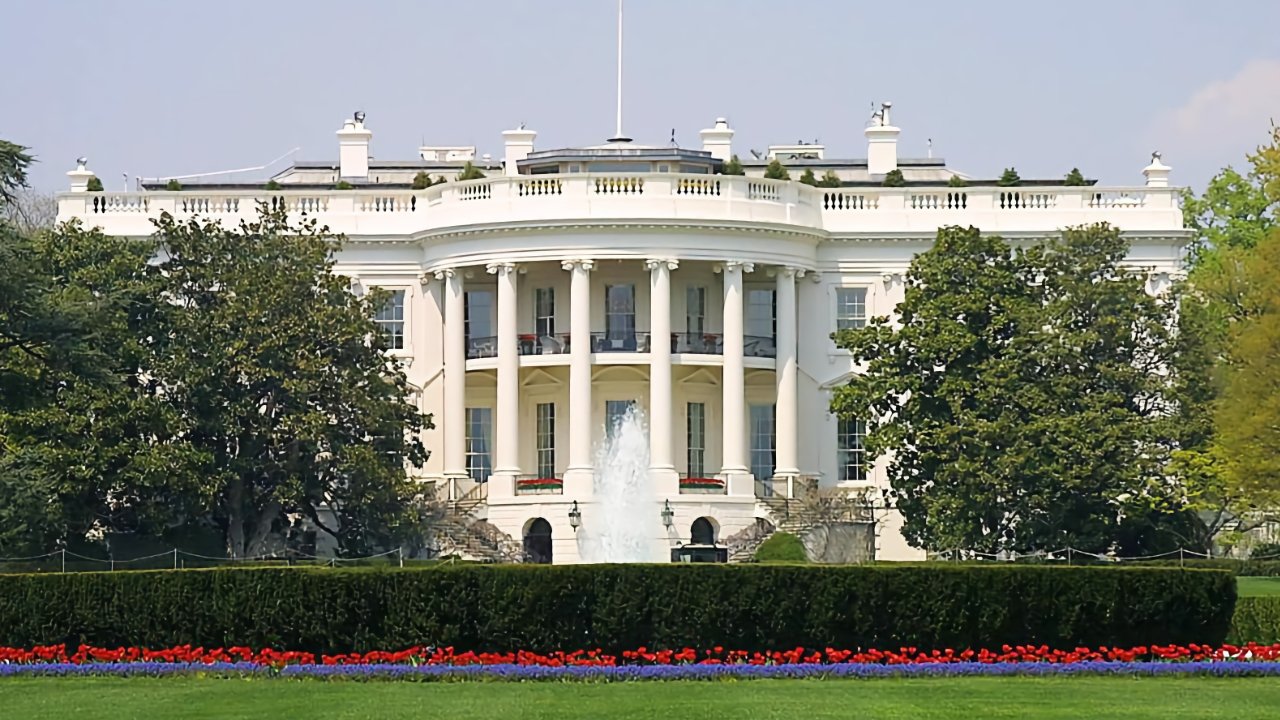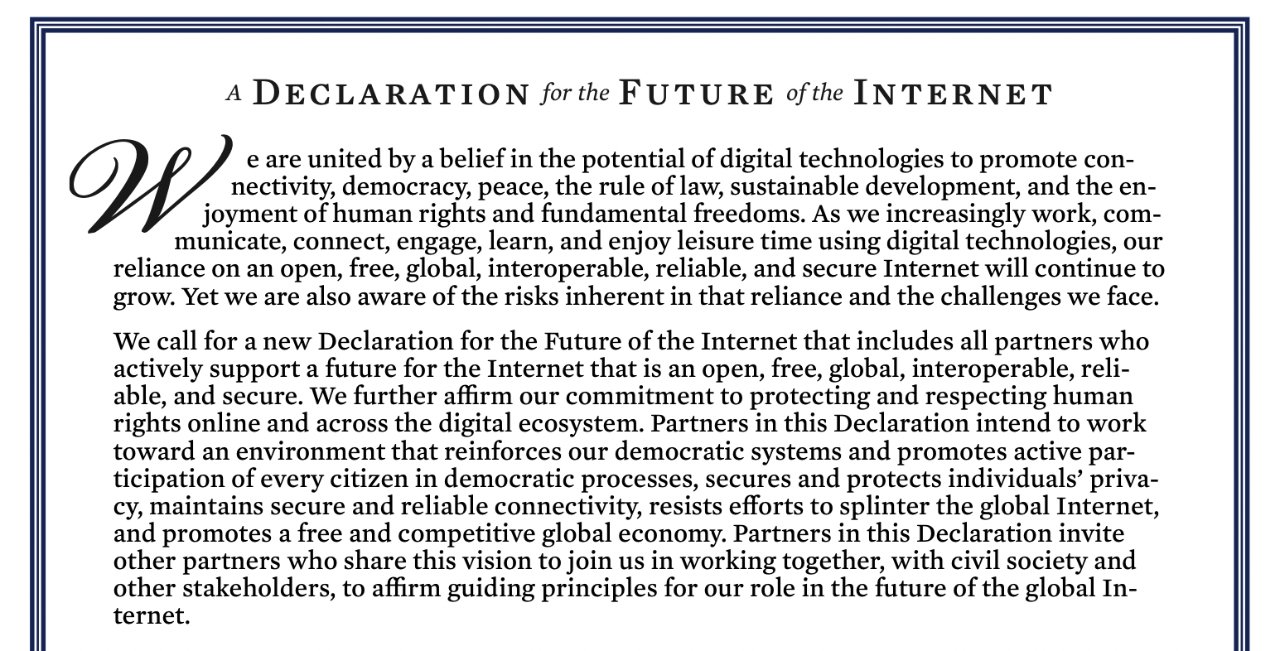The US and 60 partner countries around the world are signatories to a new pledge aiming to keep the global internet affordable to all, have a "free flow of information," and protects human rights.
In 2014, President Obama wanted the internet to be classified as a public utility, specifically to protect net neutrality, the way that all companies have equal access. Then in 2017, the FCC repealed net neutrality.
On Thursday, the White House debuted a plan for the future of the Internet.
"The Internet has been revolutionary," writes the Biden administration in a statement. "It provides unprecedented opportunities for people around the world to connect and to express themselves, and continues to transform the global economy, enabling economic opportunities for billions of people."
"Yet it has also created serious policy challenges," continues the statement. "Globally, we are witnessing a trend of rising digital authoritarianism where some states act to repress freedom of expression, censor independent news sites, interfere with elections, promote disinformation, and deny their citizens other human rights."
To combat this, plus how "millions of people still face barriers to access," and how "cybersecurity risks and threats undermine the trust and reliability of networks," the US has created the "Declaration for the Future of the Internet." In its full text of around 2,000 words, the pledge calls for an internet which is "open, free, global, interoperable, reliable, and secure."
The Declaration does not feature any specific actions to be undertaken by the US or any of its partner countries, ranging from Albania, to the UK. The White House says it is a political commitment to "advance a positive vision for the internet and digital technologies," which "reclaims the promise of the internet."
"In signing this Declaration, the United States and partners will work together to promote this vision and its principles globally," continues the statement, "while respecting each other's regulatory autonomy within our own jurisdictions and in accordance with our respective domestic laws and international legal obligations."
 William Gallagher
William Gallagher









 Marko Zivkovic
Marko Zivkovic

 Malcolm Owen
Malcolm Owen

 Amber Neely
Amber Neely

 Wesley Hilliard
Wesley Hilliard









